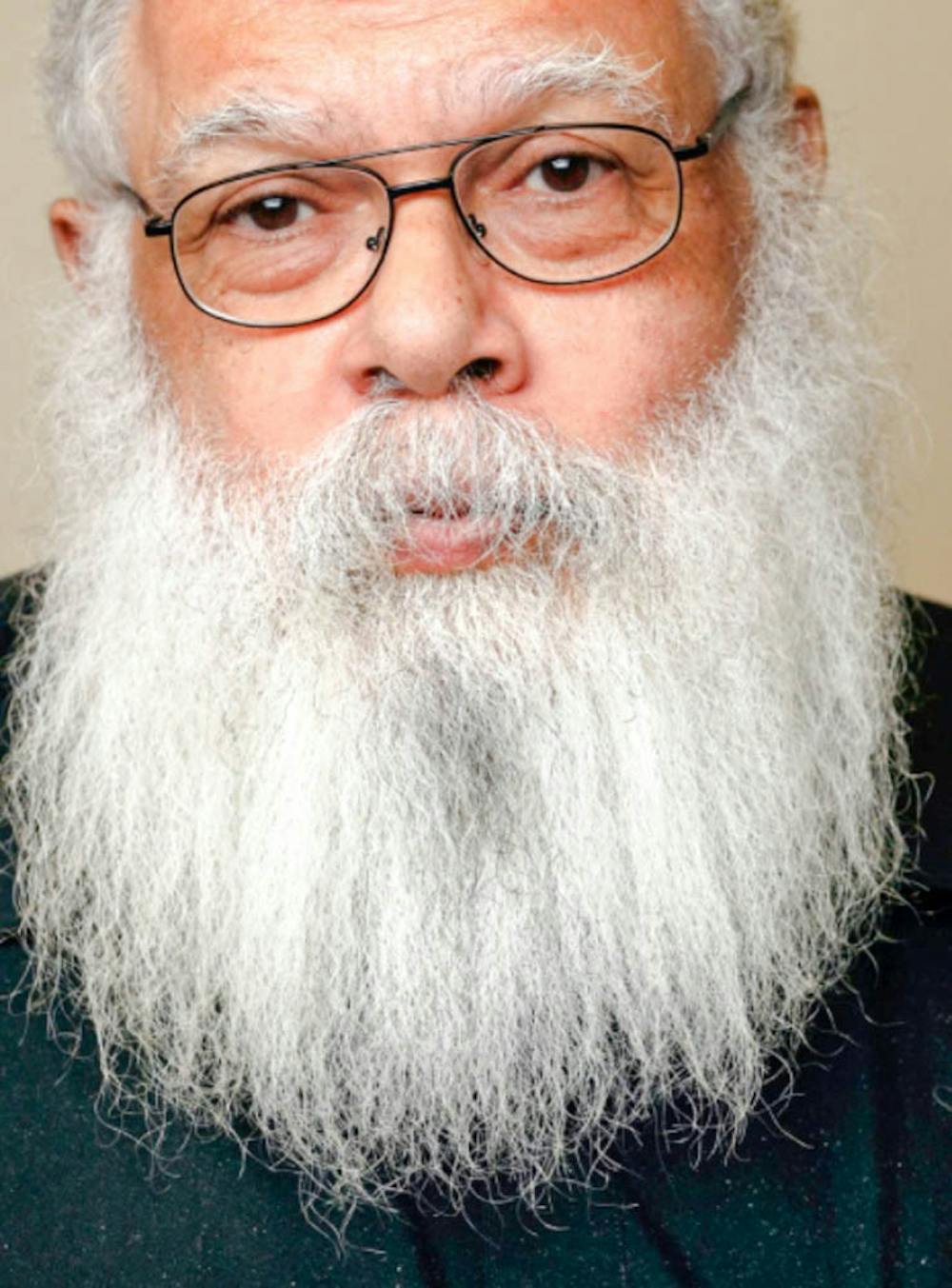For Samuel R. Delany — award-winning science-fiction writer and essayist on sexuality, society and literature — our humanity does not come from talking about sexual activity. Somehow, he elaborates, our humanity is embodied by the silence that enshrouds sexuality.
As part of a visit organized by the Department of Modern Culture and Media, Delany spoke candidly about his personal and sexual life in the documentary “The Polymath, or, The Life and Opinions of Samuel R. Delany, Gentleman,” which screened on Nov. 9 in the Martinos Auditorium. The screening of the documentary, directed by Fred Barney Taylor, was followed by Delany’s own experimental film, “The Orchid.”
During his week in residency at the University, which included the film screening, Delany gave the annual Roger B. Henkle Memorial Lecture, exhibited his works and manuscripts in the John Hay Library and spoke with students and faculty. Hosting Delany at the University was a “joint effort on the part of a lot of different departments,” said Lynne Joyrich, chair and professor of modern culture and media. Originally only chosen for the Henkle Memorial Lecture, Delany’s invitation was extended so he could reach audiences in MCM and English departments as well as The Center for the Study of Race and Ethnicity in America, Africana Studies, the LGBTQ Center and the Pembroke Center, Joyrich said.
Taylor structured his documentary about Delany as a conversation with a friend. As a gay African-American man, Delany often faces the camera, openly discussing the intersection of his identity and his writing. He is an intriguing figure: 75 years old, adorning a long white beard and glasses and admirably frank about his unconventional sex life (which included having sex with nearly 13 or 14 partners each day while still having dinner ready for his wife). He is a storyteller, with a curious mind and a perceptive view of the world and humanity, yet he characterizes himself as anything but outstanding. He is, in his own words, the “world’s most ordinary, dull, boring, black faggot.”
As the film progresses, however, his statement is quickly proven false. Delany’s life experience encompasses key historical turning points of the 20th century. He is the grandson of a slave, the nephew of civil rights pioneers and one of the first black students to integrate New York private schools. As a gay man living in the late 20th century, he became acutely aware of the devastation caused by the AIDS epidemic. In 1972, Delany wrote two issues of the comic “Wonder Woman,” which had a feminist story arc in which Wonder Woman became a secret agent. He is a prolific and groundbreaking writer, his work spanning themes of science fiction, perception, language and even pornography, a label he supports.
“The Polymath,” which tied for the Jury Prize for Best Documentary at the Philadelphia International Gay and Lesbian Film Festival in 2008, offers a fascinating perspective on not only being queer and black, but also dealing with family issues and mental illness. Delany demonstrates how his passion for writing manifests itself in each of his daily activities — how it translates into a passion for thinking, teaching, and creating.
Delany’s “Orchid,” a short, experimental film, debuted in 1971 at a science-fiction convention. In the question and answer session, Delany recalled having to stand in the street and ask passersby if they wanted to be part of his zero-budget movie — and having to mention that the part would include full-frontal nudity. The film involved minimal dialogue, a man in a suit, and a microphone — among other bizarre objects and rituals.
“He’s fantastic, he’s mind-blowing, he’s a trip,” said attendee Erin Wright.





